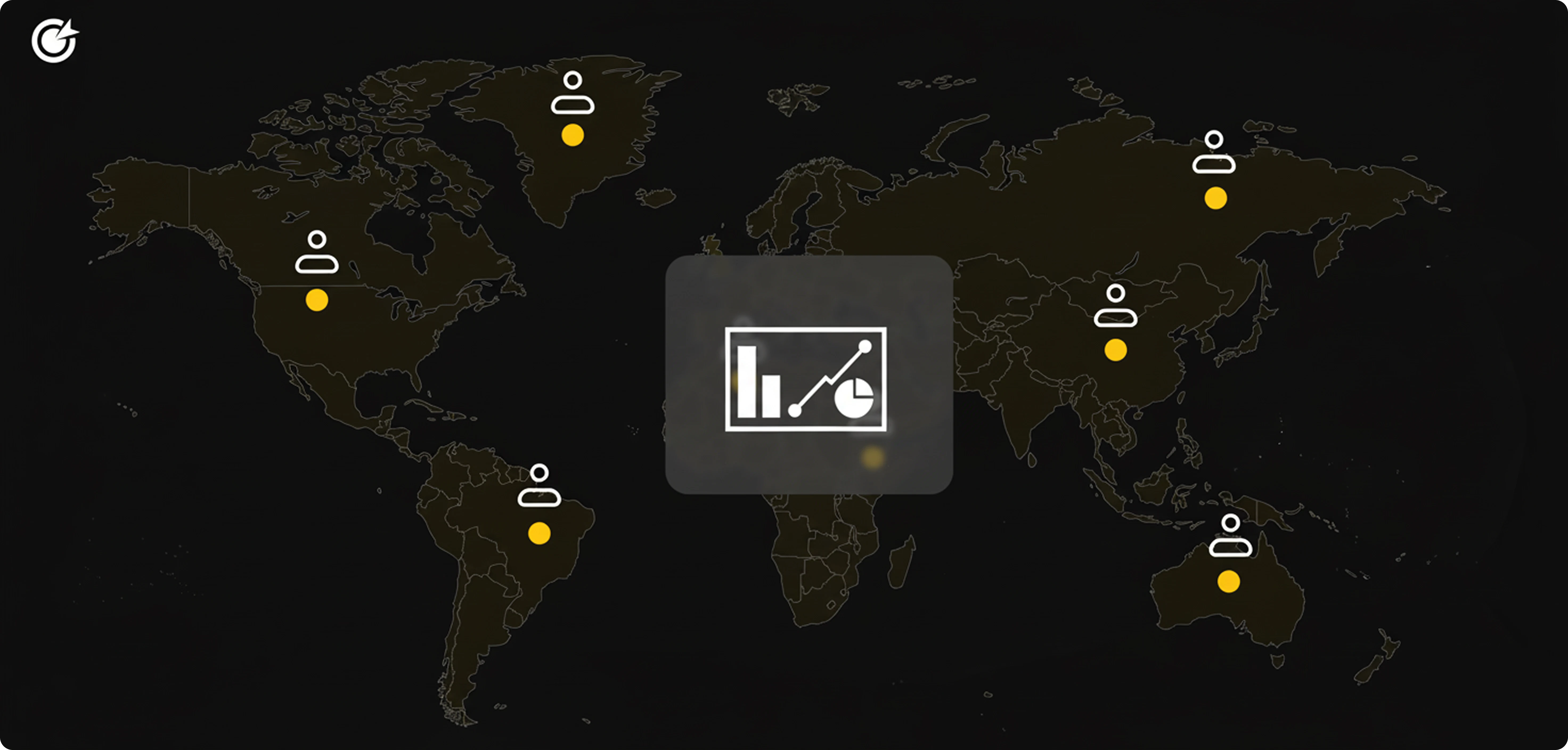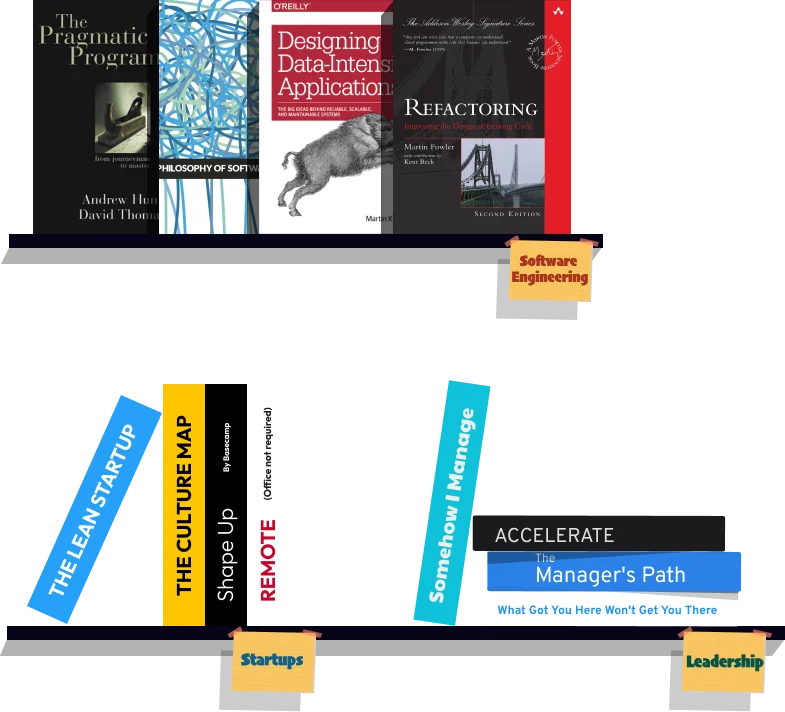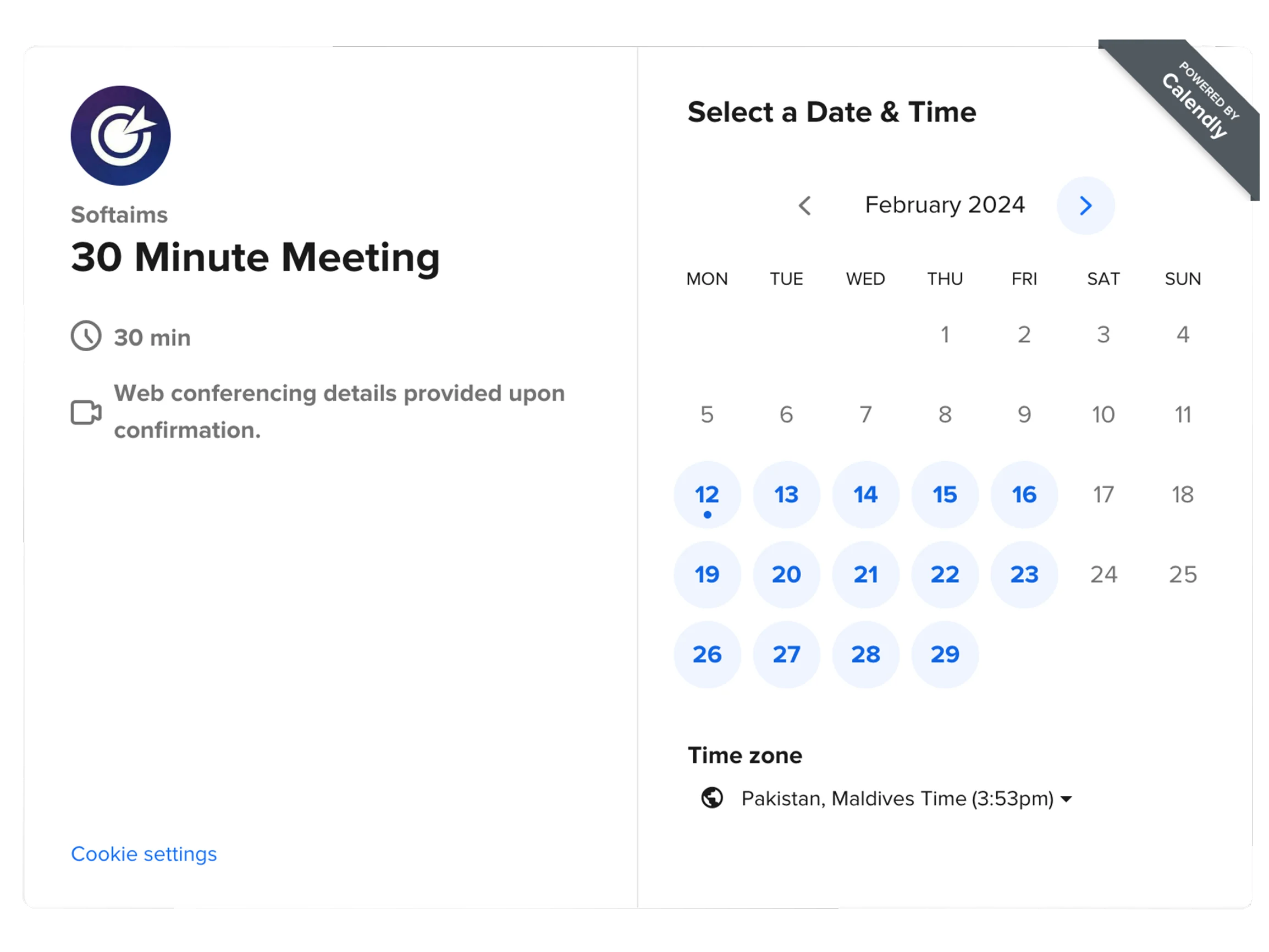The Core Function of a Data Analyst
Data analysts are the translators of an organization's data, transforming raw numbers into clear, actionable narratives that drive strategic decision-making. They are detectives who find the 'why' behind the what, using their technical and analytical skills to uncover trends, identify opportunities, and solve complex business problems.

Hiring a skilled data analyst is an investment in a data-driven culture, enabling teams across the company to make more informed choices. They bridge the gap between the technical data infrastructure and the practical business needs, ensuring that insights are not only discovered but also effectively communicated and utilized.
Expertise in SQL for Data Retrieval
Proficiency in SQL is the most critical technical skill for any data analyst. They must be able to write efficient and complex queries to extract, filter, and aggregate data from relational databases. This includes a mastery of joins, subqueries, window functions, and common table expressions (CTEs).
A candidate should be comfortable writing a query like SELECT category, COUNT(id) FROM products GROUP BY category ORDER BY COUNT(id) DESC; without hesitation. This level of fluency is essential for accessing the specific slices of data needed to answer nuanced business questions quickly and accurately.
Advanced Spreadsheet Capabilities
Despite the rise of other tools, proficiency in spreadsheets like Microsoft Excel or Google Sheets remains essential. A strong analyst should be a power user, capable of manipulating large datasets with pivot tables, advanced formulas like VLOOKUP or INDEX/MATCH, and data validation tools.
These skills are invaluable for quick, ad-hoc analysis, initial data cleaning, and creating straightforward reports and models for stakeholders who are most comfortable within a spreadsheet environment. They serve as a fundamental tool for day-to-day analytical tasks.
Data Visualization and Business Intelligence Tools
A data analyst must be a compelling storyteller, and data visualization is their primary medium. Proficiency in a major BI tool like Tableau, Power BI, or Looker is crucial. They must be able to create clear, interactive dashboards that allow stakeholders to explore the data for themselves.
The goal is to move beyond static charts and present true, actionable insights through intuitive visuals. A well-designed dashboard can communicate the key findings of a complex analysis in a matter of seconds to even the most non-technical audience.
Programming for Data Analysis
Knowledge of a programming language like Python or R significantly enhances an analyst's capabilities. Experience with data manipulation libraries, particularly Pandas for Python, allows an analyst to handle tasks that are too complex or inefficient for SQL or spreadsheets alone, such as advanced data cleaning, statistical modeling, and automation.
Being able to write a simple script to automate a repetitive reporting task or perform a complex data transformation like df.groupby('region')['sales'].sum() saves countless hours and reduces the risk of manual error, allowing the analyst to focus on higher-value work.
Foundational Statistical Knowledge
A data analyst must possess a solid understanding of fundamental statistical concepts to ensure their conclusions are sound. This includes descriptive statistics (mean, median, standard deviation), an understanding of probability distributions, and the principles of hypothesis testing used in experiments like A/B testing.
This statistical grounding is what separates a true analyst from a mere report-builder. It helps them avoid common logical fallacies, quantify uncertainty, and draw reliable insights from data rather than simply describing what they see on the surface.
Data Cleaning and Wrangling Skills
Real-world data is rarely perfect, and an effective analyst spends a significant amount of their time cleaning and preparing it. They must be skilled at identifying and handling missing values, duplicates, outliers, and inconsistent data formats using tools ranging from SQL to Python scripts. This process is a prerequisite for any meaningful analysis.
The ability to transform messy, raw data into a structured and reliable dataset is a crucial, often overlooked, skill. Without proper data wrangling, the "garbage in, garbage out" principle applies, rendering any subsequent analysis useless or, worse, misleading.
Exceptional Communication Skills
Perhaps the most important soft skill is communication, as an analyst's work is only valuable if it can be understood and acted upon by others. They must be able to clearly and concisely explain their methods and present their findings to various stakeholders, from technical peers to executive leadership, using both written reports and verbal presentations.
A great analyst doesn't just find insights in a vacuum; they successfully translate complex quantitative findings into a compelling story or recommendation that resonates with their audience and inspires action. This requires empathy and the ability to tailor their message appropriately.
Business Acumen and Domain Knowledge
Technical skills are only one part of the equation. A strong data analyst possesses business acumen and a deep curiosity to learn about the industry they are working in. They understand the company's goals and key performance indicators (KPIs), which allows them to ask the right questions and ensure their analysis is relevant and impactful.
This business context is what transforms data from a collection of numbers into a strategic asset. It allows an analyst to proactively identify opportunities and threats that might not be obvious from a purely technical perspective, making them a true strategic partner to the business.
A Strong Analytical and Problem-Solving Mindset
At their core, a data analyst is a problem-solver. They should have a naturally curious and critical mindset, with the ability to break down vague, high-level questions like "Why are sales down?" into specific, testable hypotheses. They need to be detail-oriented, logical, and capable of working through complex challenges with persistence and creativity.
This analytical mindset is the engine that drives the entire data analysis process, from forming an initial hypothesis to performing the analysis and drawing a final, evidence-based conclusion. It's an innate quality that is refined and enhanced by technical skill and experience.
How Much Does It Cost to Hire a Data Analyst
The cost of hiring a data analyst is influenced by several factors, including their geographic location, level of experience, and the specific tools and technologies they are proficient in. Salaries in major technology hubs across North America and Western Europe tend to be higher due to greater demand and a higher cost of living. Conversely, regions in Eastern Europe, Latin America, and Asia can offer more competitive rates.
The table below provides an estimated range for the average annual salary of a mid-level data analyst in various countries. These figures are intended as a general guide and can fluctuate based on the specific job requirements and the candidate's qualifications.
| Country |
Average Annual Salary (USD) |
| United States |
$85,000 |
| United Kingdom |
$65,000 |
| Germany |
$70,000 |
| Canada |
$75,000 |
| Australia |
$78,000 |
| Poland |
$45,000 |
| Ukraine |
$40,000 |
| India |
$25,000 |
| Brazil |
$35,000 |
| Argentina |
$30,000 |
When to Hire Dedicated Data Analysts Versus Freelance Data Analysts
Hiring a dedicated, full-time data analyst is the best approach when you have ongoing analytical needs and want to embed a data-driven culture within your team. This model is ideal for core business functions where deep domain knowledge is crucial for providing relevant insights. A dedicated analyst becomes an integral part of the team, understands the long-term business goals, and can proactively identify opportunities and track key metrics over time.
Hiring a freelance data analyst makes more sense for specific, well-defined projects with a clear start and end date. This could include a one-time market research project, building a specific BI dashboard, or performing a deep-dive analysis on a particular dataset. Freelancers offer flexibility and access to specialized expertise without the long-term commitment and overhead of a full-time employee, making them a cost-effective choice for short-term needs.
Why Do Companies Hire Data Analysts
Companies hire data analysts to make smarter, evidence-based decisions instead of relying on intuition alone. Analysts provide objective insights that help businesses understand customer behavior, evaluate marketing campaign effectiveness, identify operational inefficiencies, and forecast future trends. By grounding strategic conversations in hard data, they help minimize risks and increase the likelihood of success.
Ultimately, data analysts are hired to drive growth and improve profitability. They uncover opportunities to optimize processes, identify new revenue streams, and enhance the customer experience. By answering critical business questions and measuring the impact of different initiatives, they provide the necessary intelligence for a company to gain a competitive advantage in the marketplace.
In conclusion, hiring a high-impact data analyst requires looking for a candidate who offers a balanced blend of technical prowess and business acumen. The ideal individual combines fluency in SQL, spreadsheets, and BI tools with a solid statistical foundation and a tenacious problem-solving mindset. By placing equal importance on their communication skills and ability to grasp business context, you can find a professional who will not only interpret your data but also empower your organization to make smarter, more strategic decisions that drive real growth and success.



































